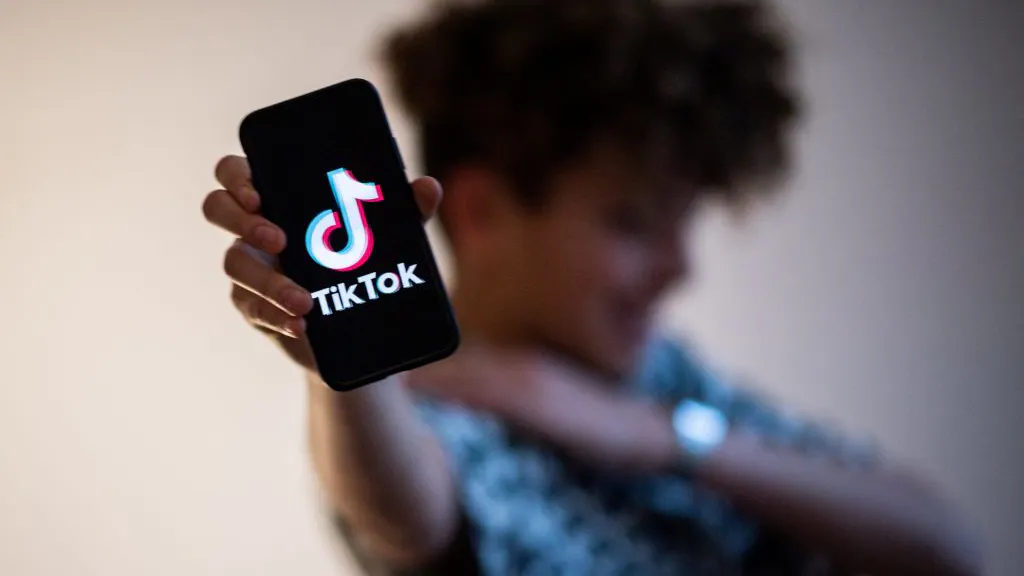Generation Z is putting America’s future in peril thanks to their physical and mental fragility, a renowned professor is warning.
The uselessness of today’s teens and young adults is nothing short of a “national crisis,” says Jonathan Haidt, a social psychologist at New York University’s Stern School of Business. Haidt is the author of several books, including “The Coddling of the American Mind: How Good Intentions and Bad Ideas Are Setting Up a Generation for Failure.”
“We have a whole generation that’s doing terribly,” Haidt told The Wall Street Journal in a recent interview.
Gen Z is usually defined as Americans born between 1997 and 2012 who are now in their teens or early 20s. They are the first generation to fully grow up in the age of the internet and social media. According to some surveys, they report struggling with mental health more than any generation before them, even the notoriously anxious millennials, some of whom are now in their 40s.
There has “never been a generation this depressed, anxious and fragile,” Haidt remarked. “When you look at Americans born after 1995, what you find is that they have extraordinarily high rates of anxiety, depression, self-harm, suicide and fragility.”
Because today’s youth spend so much time online, they have been deprived of practicing the “skills of adulthood in a low-stakes environment” with other children, according to Haidt. They hang out with each other less and even drive cars less frequently.
Girls are especially vulnerable since they are often drawn to more isolating activities like posting and scrolling on Instagram, which Haidt calls “compare and despair,” while boys often participate in group activities like playing video games with each other, according to Haidt.
Indeed, in 2012, around the time Instagram exploded among younger users, depression rates spiked for Gen Z teen girls, Haidt’s research shows. A separate survey showed that as much as 42% of Gen Z has been diagnosed with a mental health condition.
Their mental fragility has left much of Gen Z in “defend mode” rather than “discover mode,” according to Haidt, and that carries over onto college campuses.
“Here they are in the safest, most welcoming, most inclusive, most antiracist places on the planet, but many of them were acting like they were entering some sort of dystopian, threatening, immoral world,” he said.
As young professionals, the oldest members of Gen Z so far take fewer risks and innovate less, a trend that could “undermine American capitalism,” Haidt warns.
Gen Z youngsters may even be physically weaker than their elders, at least according to the Pentagon.
“The ‘Nintendo Generation’ soldier skeleton is not toughened by activity prior to arrival, so some of them break more easily,” said Pentagon and Army Major Jon-Marc Thibodeau, who is chief of the medical readiness service line at Fort Leonard Wood in Missouri.
“We see injuries ranging from acute fractures and falls, to tears in the ACL, to muscle strains and stress fractures, with the overwhelming majority of injuries related to overuse,” said Captain Lydia Blondin, the assistant chief of physical therapy at Leonard Wood Army Community Hospital.
Much of the damage to Gen Z comes from social media, according to Haidt. In fact, he says, damage “so vastly exceeds the damage from Covid that we’re going to have to act.”

.png)
.png)

